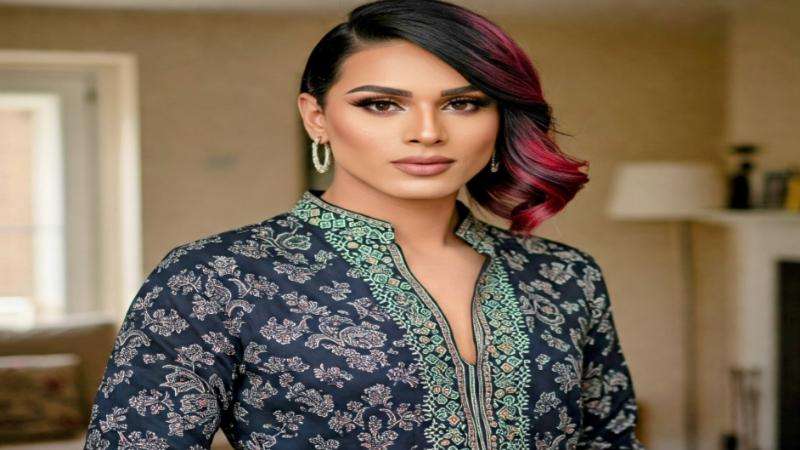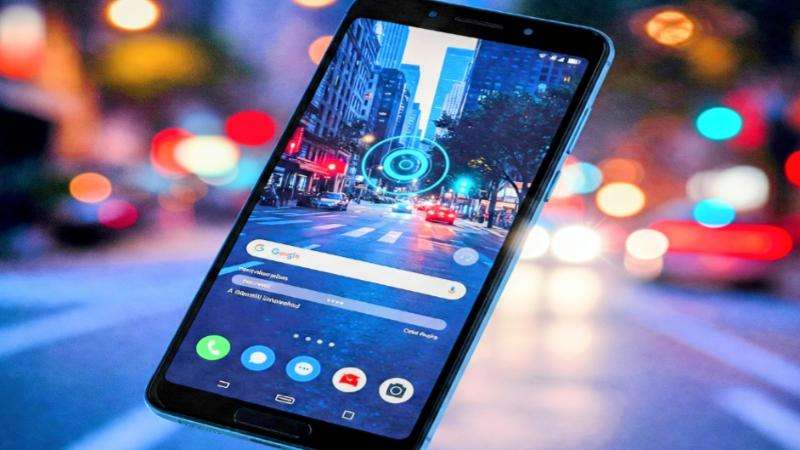The UK Supreme Court's recent redefinition of "woman" under the Equality Act is sending ripples through British South Asian and Muslim communities, where traditional concepts of gender often hold deep cultural and religious significance. This legal shift is prompting complex internal dialogues, particularly concerning single-sex spaces and the broader understanding of identity.
For many within these communities, gender roles are rooted in religious interpretations and familial structures that may contrast with the ruling's emphasis on self-defined gender identity. This creates a nuanced challenge in navigating the legal implications within their social and religious lives. The potential integration of transgender women into traditionally gender-segregated spaces like prayer halls and community centers is a key point of discussion, requiring a delicate balance between legal rights and cultural sensitivities.
The ruling also intersects with the multifaceted identities of British South Asians and Muslims, adding another layer to their sense of belonging. It compels a re-evaluation of traditional gender norms within their own cultural and religious frameworks, sparking conversations about inclusivity and acceptance. Responses within these diverse communities are varied, ranging from conservative views based on traditional interpretations to more progressive stances embracing inclusivity. This legal development serves as a catalyst for internal re-examination of long-held beliefs.
Furthermore, the legal recognition offered by the ruling could provide protection and validation for transgender individuals within these communities, who may already face cultural stigma. However, it could also potentially strain relationships within families and communities less accepting of diverse gender identities.
How many Transgender Women in the British South Asian and Muslim Community?
Reliable statistics specifically detailing the number of transgender women within the British South Asian and Muslim communities are not currently available. UK demographic data typically categorizes individuals by ethnicity and religion separately, without cross-referencing with gender identity. Additionally, social stigma and privacy concerns may lead to underreporting of transgender identity within these communities. While concrete numbers are lacking, it is logical to assume that transgender individuals are present within all communities, including British South Asian and Muslim ones.
What Does Islam Say About It?
Islamic perspectives on transgender individuals are diverse and subject to interpretation. While some interpretations of the Quran and Hadith emphasize a binary understanding of male and female, potentially leading to non-acceptance of transgender identities, other scholars and advocacy groups offer more inclusive readings.
Some scholars highlight verses emphasizing compassion and justice, such as: "O mankind, We have created you from a male and a female, and made you into nations and tribes, that you may know one another. Verily, the most honourable of you with Allah is that (believer) who has At-Taqwa [piety, righteousness, etc.]. Verily, Allah is All-Knowing, All-Aware." (Quran 49:13)
This verse emphasizes the common origin of humanity and the importance of piety over other distinctions.
Furthermore, historical discussions within Islamic jurisprudence regarding individuals with ambiguous sex characteristics (khuntha mushkil) demonstrate a historical awareness of non-binary presentations. Some contemporary scholars draw parallels between these discussions and modern understandings of transgender identity.
There are also Hadith that describe individuals who did not conform to typical gender roles in early Islamic society, and how the Prophet Muhammad (peace be upon him) interacted with them. These narrations are sometimes used to argue for a more inclusive approach.
However, interpretations vary, and there is no single, universally accepted Islamic view on transgender identity. Acceptance and lived experiences of transgender individuals differ significantly across Muslim communities and cultural contexts.
The UK Supreme Court's ruling on the definition of "woman" initiates a significant moment for British society, prompting crucial conversations about inclusivity. For British South Asian and Muslim communities, this legal decision intersects with deeply held cultural and religious values, leading to varied responses and internal dialogues. While the legal framework now includes transgender women, their social and cultural integration within these communities will likely be an evolving process shaped by diverse interpretations of faith, cultural norms, and individual experiences. Understanding these multifaceted perspectives is vital for fostering a more inclusive and equitable society for everyone.








.svg)



